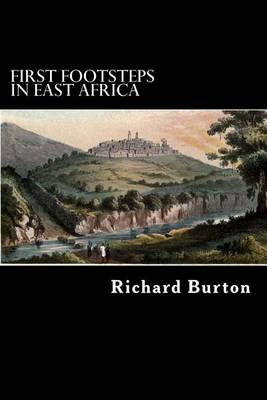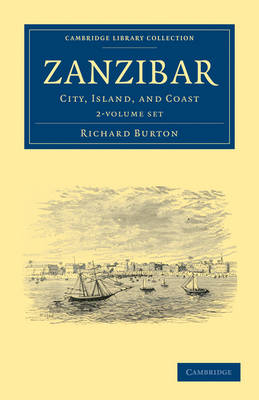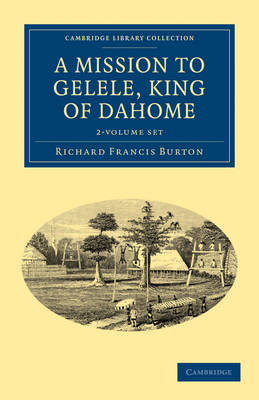Cambridge Library Collection - African Studies
3 total works
Sir Richard Burton (1821-1890), the famous Victorian explorer, began his career in the Indian army in 1842. While in India he developed his linguistic talent, mastering more than forty different languages and dialects. He turned to writing books in the 1850s and, over the remaining forty years of his life, published dozens of works and more than one hundred articles. In this book, first published in 1856, Burton recounts his travels to Harar, a city in East Africa notorious for its slave trade activity. His plan was a challenging one, as it was believed that no European had been there before; upon arrival he claimed to be an agent of the British government and presented himself to the ruler of Harar. Burton was allowed to spend ten days there, and his account give a fascinating glimpse into a then unknown city and culture.
First published in 1872, this two-volume memoir by explorer, ethnographer and diplomat Sir Richard Burton (1821-90) was written while Burton and John Hanning Speke were making preparations for their expedition to solve one of the major geographical mysteries of the nineteenth century - the location of the source of the Nile. Burton and Speke arrived in Zanzibar in December 1856, and spent several months in preparations for their journey. During this time, Burton made detailed notes on his surroundings which were later developed into this book. Volume 1 focuses on 'The City and the Island'. Burton discusses the significance of the 'Nile question' as well as recording geographical, botanical, meteorological, and ethnographic observations. Volume 2 concerns the two expeditions of 1857-9, including the discovery of Lake Tanganyika and Speke's later independent discovery of Lake Victoria, which gave rise to a notorious dispute between the two men.
Sir Richard Burton (1821-1890) the famous Victorian explorer, began his career in the Indian army in 1842. While in India he developed his linguistic talent, mastering more than forty different languages and dialects. He turned to writing books in the 1850s and, over the remaining forty years of his life, published dozens of works and more than one hundred articles. He spent part of his career as British consul in Fernando Po (present-day Equatorial Guinea) in West Africa, and used this as an opportunity to explore the region. In 1861, he was sent on a mission, recounted in this two-volume work of 1864, to Dahomey (present-day Benin) to urge the king to put a stop to the local slave trade.


